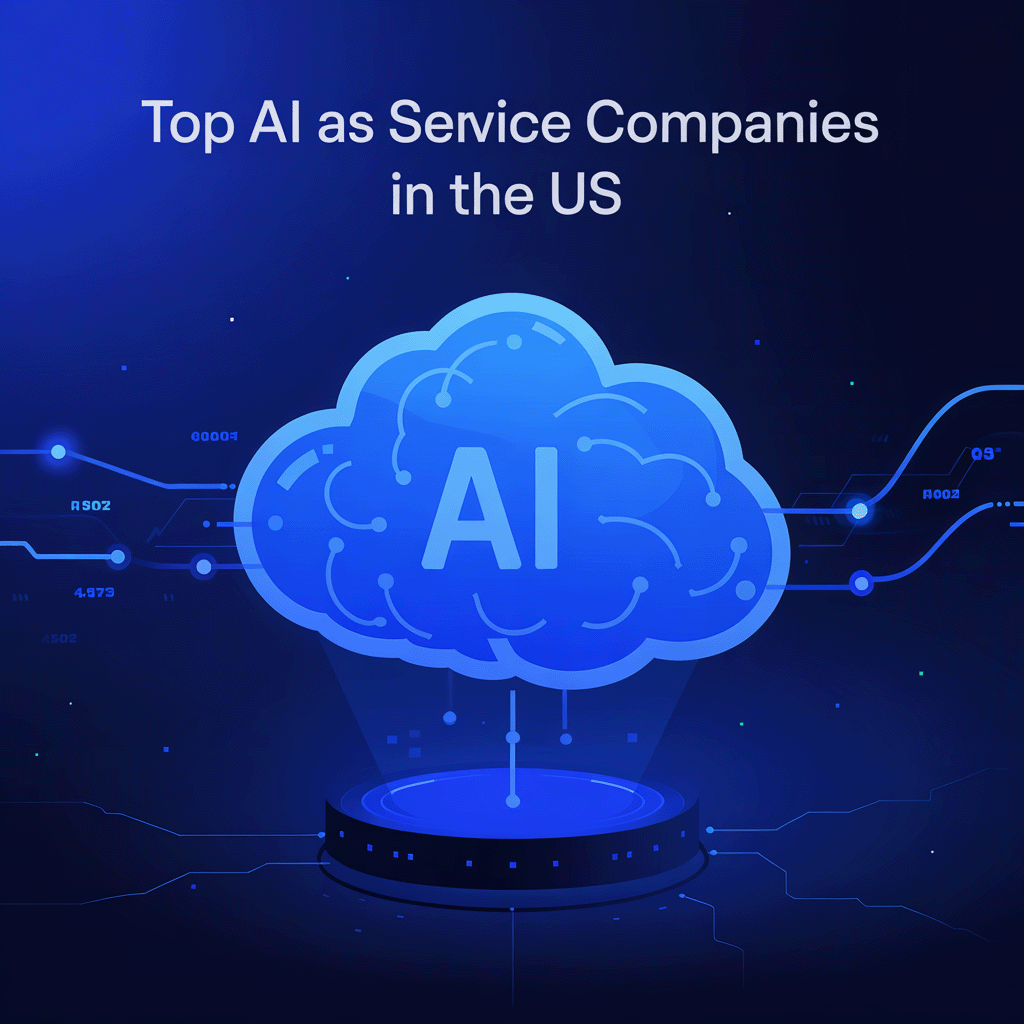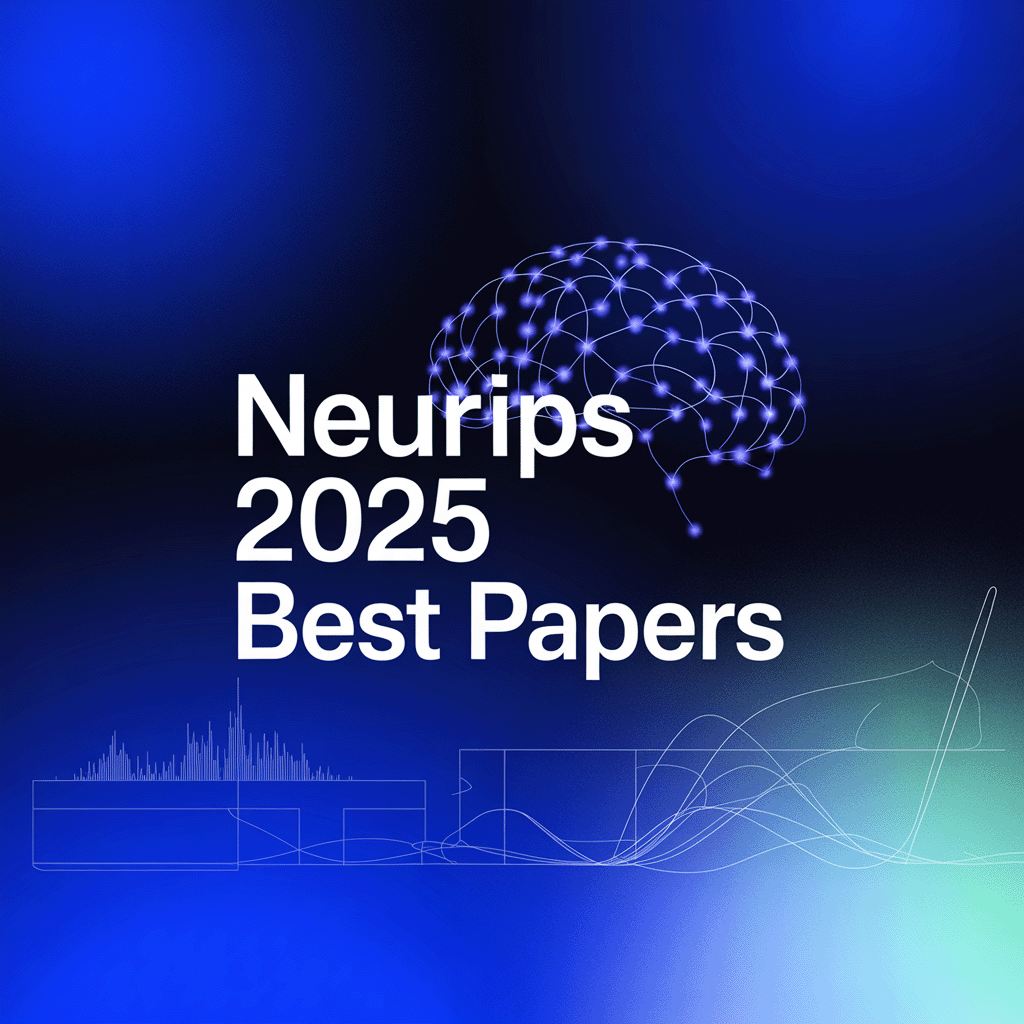Imagine hurtling down the highway at 70 miles per hour, yet your car is the one making critical decisions about braking, lane changes, and even avoiding accidents. This isn’t science fiction; it’s the near future powered by Artificial Intelligence (AI).
A recent study by McKinsey & Company predicts that the global market for AI in automotive applications will reach a staggering $462 billion by 2030. This surge highlights AI’s transformative power in revolutionizing how we design, build, and interact with our cars.
This article delves into AI’s impact on the automotive industry, exploring its potential to enhance safety, improve efficiency, and personalize the driving experience, all while paving the way for a future filled with intelligent vehicles.

The Rise of AI in the Automotive Industry
Gone are the days when cars were simply machines that got us from point A to point B. The automotive industry is undergoing a revolution driven by artificial intelligence. This technology, once relegated to the realm of science fiction, is rapidly transforming every aspect of car design, manufacturing, and operation.
The rise of AI in the automotive industry can be attributed to several factors:
- Increased Computing Power: Advancements in hardware have made powerful processors and graphics cards more readily available. These are crucial for running the complex algorithms that power AI applications in vehicles.
- Abundance of Data: The amount of data generated by cars is exploding. This data includes sensor readings, driver behavior patterns, and real-time traffic information. AI algorithms can leverage this data to learn, adapt, and make intelligent decisions.
- Improved Algorithms: Machine learning and computer vision algorithms are becoming more sophisticated, enabling them to handle the complexities of real-world driving scenarios.
This confluence of factors has opened the door for a new era of intelligent vehicles. Let’s explore how AI is making its presence felt in various aspects of the automotive industry.
How AI is Steering the Automotive Industry: From Safety to Personalization
1. Enhanced Safety and Driver Assistance Systems (ADAS):
Imagine a car that can react faster than you in an emergency. AI powers advanced driver-assistance systems (ADAS) like automatic emergency braking (AEB), lane departure warning (LDW), and adaptive cruise control (ACC).
By analyzing sensor data in real-time, AI can detect potential hazards and initiate corrective actions, significantly reducing the risk of accidents and saving lives.
2. Improved Vehicle Performance and Efficiency:
AI isn’t just about safety; it’s also about optimizing your ride. AI algorithms can analyze engine data, driving conditions, and driver behavior to:
Boost fuel efficiency: By adjusting engine parameters and optimizing driving patterns, AI can help you get the most miles out of every gallon.
Enhance overall performance: AI can fine-tune vehicle dynamics for smoother handling and a more responsive driving experience.
3. The Dawn of Self-Driving Cars:
Perhaps the most transformative application of AI in the automotive industry is the development of autonomous vehicles. AI plays a critical role in:
Perception: Equipping cars with the ability to “see” the environment using cameras and LiDAR sensors.
Decision-Making: AI algorithms analyze sensor data to make real-time decisions about steering, braking, and navigation.
Planning and Control: AI helps self-driving cars plot safe and efficient routes, taking into account traffic conditions and road infrastructure.
While fully autonomous vehicles are still under development, AI is laying the groundwork for a future of hands-free transportation.
4. Personalized User Experience:
AI isn’t just about making cars smarter; it’s also about making them more user-friendly. Imagine a car that learns your preferences:
Comfort control: AI can automatically adjust temperature settings and seat positions based on your past preferences.
Infotainment integration: AI-powered virtual assistants can anticipate your needs and suggest music, navigation, or hands-free communication options.
5. Streamlined Manufacturing and Operations:
The impact of AI extends beyond the car itself. AI is transforming the way vehicles are built:
Production Line Efficiency: AI can automate tasks in manufacturing plants, ensuring consistent quality and optimizing production processes.
Predictive Maintenance: By analyzing sensor data from factory equipment, AI can predict potential failures and enable proactive maintenance, minimizing downtime and maintenance costs.
These are just a few examples of AI in the automotive industry. As AI technology continues to evolve, we can expect even more innovative applications that will redefine the way we design, build, and interact with our cars.

Real-World Examples: AI on the Road Today
1. Tesla’s Autopilot and Full Self-Driving (FSD):
Company: Tesla
Technology: Tesla’s Autopilot and FSD systems utilize a combination of cameras, radar, and ultrasonic sensors to provide features like lane centering, adaptive cruise control, and automatic lane changes. These features are powered by a complex neural network that analyzes sensor data in real time, mimicking human decision-making for steering and acceleration.
2. BMW’s Personal Co-Pilot and Parking Assistant:
Company: BMW
Technology: BMW’s Personal Co-Pilot system leverages AI for features like adaptive cruise control with stop-and-go functionality and lane departure warning. Additionally, the Parking Assistant Plus system utilizes ultrasonic sensors and cameras to automatically maneuver the car into tight parking spaces, making parking a breeze.
3. General Motors’ Super Cruise:
Company: General Motors (GM)
Technology: GM’s Super Cruise system takes highway driving to a new level. It utilizes LiDAR, cameras, and high-precision GPS to enable hands-free driving on compatible highways. By constantly monitoring the car’s position and surroundings, Super Cruise ensures a safe and comfortable hands-free driving experience.
4. Mercedes-Benz’s DRIVE PILOT:
Company: Mercedes-Benz
Technology: Mercedes-Benz’s DRIVE PILOT system is another advanced driver-assistance system that utilizes a suite of sensors and AI algorithms. It allows for conditionally automated driving on specific motorway sections, with the system constantly monitoring the environment and remaining ready for driver intervention when necessary.
5. Audi’s Traffic Light Assist:
Company: Audi
Technology: Audi’s Traffic Light Assist system utilizes a camera to detect traffic lights and relay information to the driver. The AI can even analyze the signal cycle and suggest an appropriate stopping distance based on the current speed, enhancing safety and convenience at intersections.
6. Advanced Accident Prevention with AI and Pedestrian Detection:
Company: Volvo
Technology: Volvo’s suite of safety features utilizes AI and a combination of cameras and radar to detect potential collisions with pedestrians, cyclists, and other vehicles. If a collision is imminent, the system can automatically apply brakes to avoid the accident or mitigate its severity.
Regulatory and Legal Landscape
The integration of AI in automotive technologies also brings forth a variety of regulatory challenges and legal implications.
Compliance with Safety Standards
Automakers must comply with existing and emerging safety standards, and regulatory bodies must evaluate AI systems for safety.
Legal Implications of Autonomous Vehicles
Accidents involving self-driving cars lead to new liability issues and changes in legal frameworks intended to address these new challenges.
Integration with Smart City Infrastructure
How AI-enabled vehicles interact with smart city ecosystems to improve traffic management, reduce congestion, and enhance emergency response times through real-time data exchange.

Impact on Urban Planning
The rise of AI in the automotive sector influences urban planning and infrastructure projects, leading to more efficient transportation networks.
Job Transformation in the Automotive Sector
AI’s role in automation goes beyond vehicle technology and extends into the manufacturing process and the broader automotive workforce.
Changes in Workforce Demands
Jobs in the automotive industry are evolving, with new skills required for AI development and maintenance, and companies need to address these changes through training and education initiatives.
Impact on Auto Manufacturing Jobs
While AI can improve efficiency and reduce manufacturing costs, it raises concerns about job displacement. The industry must balance automation with job retention and creation.

The Future of AI in the Automotive Industry
We can expect a wave of groundbreaking innovations that will redefine our relationship with cars. Here’s a glimpse into what the future holds:
- The Dawn of Fully Autonomous Vehicles:
The holy grail of the automotive industry – self-driving cars – is no longer a futuristic fantasy. AI will play a critical role in achieving true autonomy, with advancements in:
- Sensor Fusion: Merging data from cameras, LiDAR, radar, and ultrasonic sensors to create a comprehensive 360-degree perception of the environment.
- Enhanced Decision-Making: AI algorithms will become more sophisticated and capable of handling complex driving scenarios and making real-time decisions with human-like judgment.
- Advanced Mapping and Localization: High-definition maps coupled with AI will enable self-driving cars to navigate precisely and adapt to dynamic road conditions.
While technical hurdles and regulatory frameworks remain, AI is paving the way for a future where self-driving cars become a mainstream reality.
- Hyper-Personalization: Your Car Knows You Better Than You Know Yourself
AI won’t just make cars smarter; it will make them deeply personal. Imagine a car that tailors itself to your individual needs:
- Predictive Preferences: AI can anticipate your desired cabin temperature, preferred music genre, and even optimal navigation route based on your routine and habits.
- Biometric Integration: Imagine a car that adjusts seat settings and in-car displays based on facial recognition or voice identification.
- Enhanced Safety Based on Driver Behavior: AI could personalize safety features by monitoring driver alertness and adjusting parameters accordingly.
- Predictive Maintenance: Avoiding Problems Before They Arise
Breakdowns will become a relic of the past with the help of AI-powered predictive maintenance.
- Real-time Diagnostics: By analyzing sensor data continuously, AI can detect potential issues with engine components, brakes, or other systems before they cause a breakdown.
- Proactive Maintenance Scheduling: The car can alert you or service centers about potential problems, allowing for preventative maintenance and minimizing downtime.
- The Rise of V2X Communication: Cars Talking to Each Other (and Everything Else)
Imagine a future where cars seamlessly communicate with each other and their surroundings. This is Vehicle-to-Everything (V2X) communication powered by AI:
- Enhanced Safety: V2X allows cars to exchange information about accidents, traffic jams, and road conditions in real time, enabling proactive collision avoidance and smoother traffic flow.
- Improved Efficiency: Cars can optimize speeds and routes based on real-time traffic data, minimizing congestion and fuel consumption.
- AI-powered Cybersecurity: Protecting the Connected Car
As cars become more connected, cybersecurity threats become a growing concern. AI will play a vital role in:
- Anomaly Detection: AI algorithms can analyze car data to detect suspicious activity or potential cyberattacks in real time.
- Over-the-Air (OTA) Updates: AI can facilitate secure and efficient software updates that patch vulnerabilities and enhance car security.
The future of AI in the automotive industry is brimming with exciting possibilities. AI has the potential to revolutionize the way we design, build, and interact with cars. As AI technology continues to evolve, we can expect a future of intelligent transportation that is safer, more efficient, and deeply personalized for every driver.
Final Note
The once-futuristic dream of intelligent vehicles is rapidly hurtling towards reality, fueled by the transformative power of AI. The automotive industry is undergoing a metamorphosis, and AI is the sculptor, shaping a future where cars are not just machines but intelligent companions.
This is not just a technological shift; it’s a paradigm shift in which the driving experience transcends mere transportation and ushers in an era of intelligent mobility. Fasten your seatbelts; the future of automotive travel is about to get a whole lot smarter, and the road ahead is paved with exciting possibilities.





